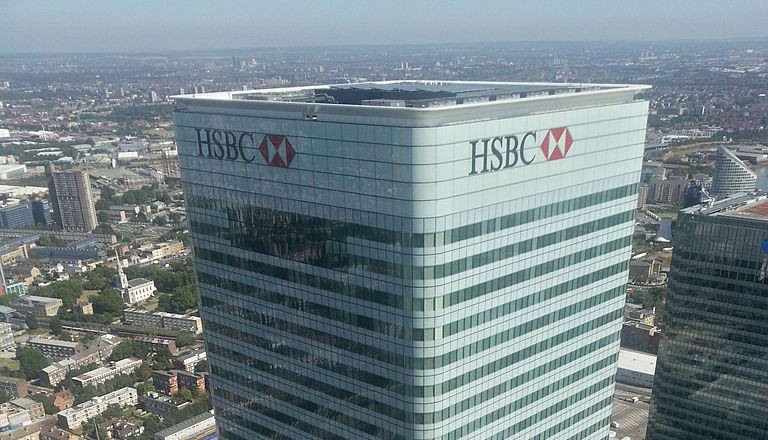Last month, the British bank HSBC reached a record $1.92 billion settlement with US authorities over accusations of criminal activity at the bank. This activity included moving money for Iran and helping launder money for Mexican drug cartels. HSBC, the world’s third-largest publicly held bank, was not prosecuted on criminal charges because of fears that it was “too big to indict.” That is, a criminal prosecution could have negative economic repercussions beyond the bank itself. Not only are these banks protected from failure by an implicit government guarantee of bailouts, but they are now immune from prosecution.
If you want to know one of the main things fueling public anger in America – from the Tea Party to the Occupy movement – this is it. The bigger and more powerful you are, the less accountable you seem to get. As they were leading their firms to failure – a failure that would send the US economy over a real fiscal cliff – executives at Bear Stearns and Lehman Brothers collected handsome compensation. No CIA officials were prosecuted over the brutal torture of detainees. The last Congress was one of the most ineffective and disliked in history, and yet 91% of incumbents retained their seats.
Concurrently, there are many examples of authorities coming down hard on the less powerful. The Obama administration has been relentless in prosecuting whistleblowers and medical marijuana dispensaries. Some conservatives, echoing Ronald Reagan, love to bash “welfare queens.” Even when the government does doggedly pursue wrongdoing, it often seems misguided. Take the laborious and expensive investigations of Barry Bonds, Roger Clemens, and Lance Armstrong. The Bonds trial itself is thought to have cost $6 million.
It’s easy to write a story about the little guy getting screwed. And it’s also easy to dismiss the problem and say that the powerful have been getting away with it for all of human history. The difference is that power and wealth are increasingly concentrated in the modern era. Some examples: As the Congressional Research Service reports, “The share of wealth held by the top 10% of wealth owners grew from 67.2% in 1989 to 74.5% in 2010.” The press, held by the Founders as a vital part of democracy, is increasingly consolidating in response to economic pressure. The federal government grew tremendously in the 20th century, and, as I discussed last week, the executive branch has used the War on Terror to seize more control over national security. Even if you think something like the Affordable Care Act is necessary, it represents a significant expansion of federal power.
All this consolidation and concentration of power and wealth is often more efficient, and it might inevitable in the global era. Much of it is our own doing, as we’ve loosened regulations and embraced aggressive capitalism. But if we want to avoid corruption and stagnation, we need effective measures of accountability for the public and the private sector. Breaking up big banks might seem draconian, but it would ensure that no bank is too big to fail. Providing more protection for corporate and government whistleblowers, instead of prosecuting them, could help investigators make corruption cases. Campaign finance reform would help loosen the grip of incumbency, although more drastic measures like term limits might be needed. Sunset provisions, which require that laws or regulations be renewed or at least reexamined after a period of time, could prevent stagnation of those rules.
Democracy is a grand experiment, and America was able to flourish because it was free from the class and cultural baggage that came to weigh down Europe. We must be on guard to ensure that large, ossified institutions don’t become our downfall. And the first step must be a robust system of accountability.
